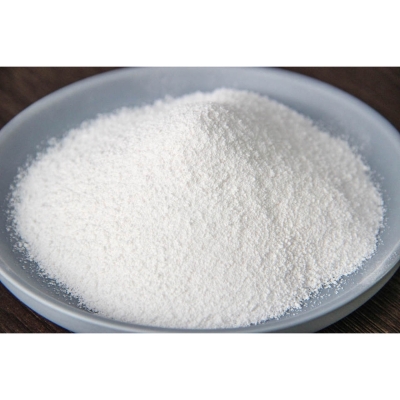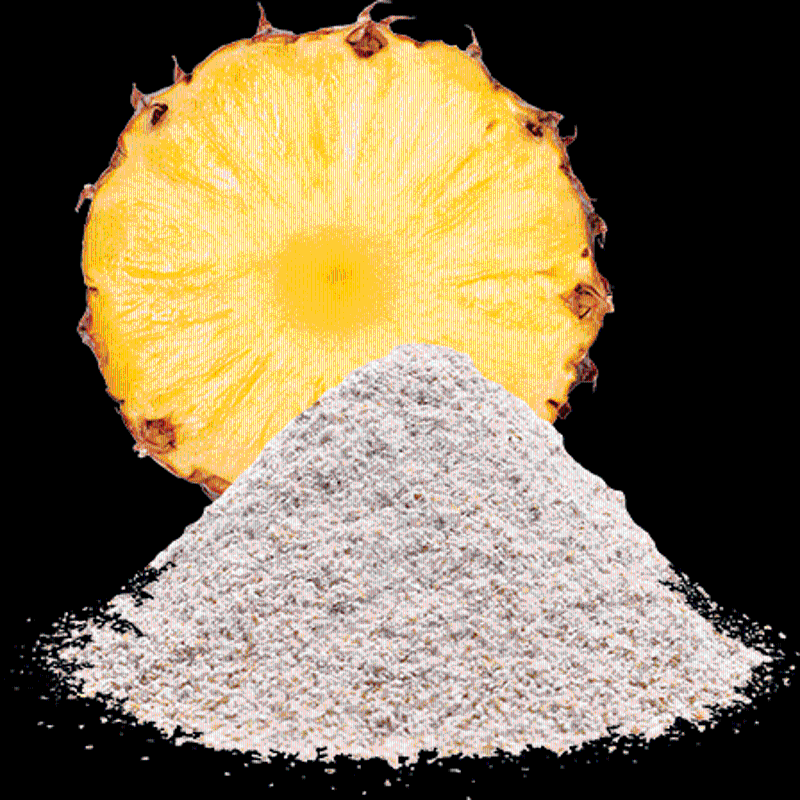-
Categories
-
Pharmaceutical Intermediates
-
Active Pharmaceutical Ingredients
-
Food Additives
- Industrial Coatings
- Agrochemicals
- Dyes and Pigments
- Surfactant
- Flavors and Fragrances
- Chemical Reagents
- Catalyst and Auxiliary
- Natural Products
- Inorganic Chemistry
-
Organic Chemistry
-
Biochemical Engineering
- Analytical Chemistry
-
Cosmetic Ingredient
- Water Treatment Chemical
-
Pharmaceutical Intermediates
Promotion
ECHEMI Mall
Wholesale
Weekly Price
Exhibition
News
-
Trade Service
Worried about eating starch and worrying about gaining weight and rising blood sugar? Fear not, at the 2022 American Academy of Nutrition's annual meeting live online June 14-16, researchers are proposing a new potato-processing technique that allows the body to digest potato starch more slowly, and is currently undergoing early testing
Micrographs of potatoes before (left) and after (right) processing
Image credit: Amy Lim/University of Idaho
Lead researcher on the study, Dr Amy Lim, head of the Food Carbohydrates Programme at the Singapore Institute of Food and Biotechnology Innovation, said: "There is a perception that potato products are unhealthy because high consumption of potato products can cause a rapid rise in blood sugar.
A useful strategy, the researchers say, is to slow down the action of two digestive enzymes, alpha-amylase and mucosal alpha-glucosidase, in the small intestine, allowing for a slow and sustained release of glucose from potatoes
In the new processing technique, the researchers cubed potatoes and blanched them for 30 minutes in hot water containing food-grade ingredients that have been recognized by the U.
If left untreated, enzymes can move in and out of the cell freely, and starch is rapidly broken down into glucose by both enzymes
The researchers said the improvement could also allow consumers to feel fuller for longer after eating, thereby avoiding overeating
This approach performed well in laboratory tests simulating the digestion process: the fraction of starch that was slowly digested increased from 10% to 35% and significantly reduced the ability of alpha-amylase to "close" the starch
(Science and Technology Daily intern reporter Zhang Jiaxin)







